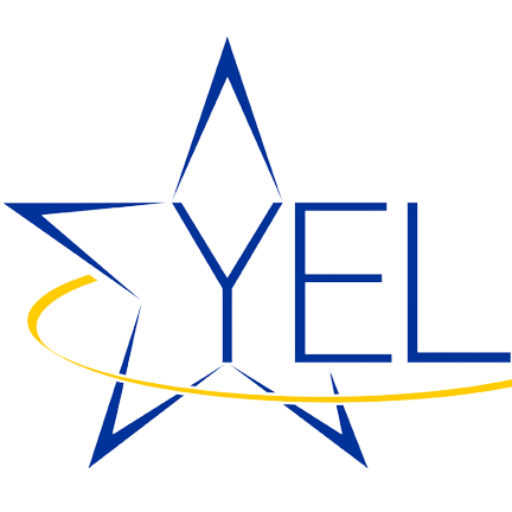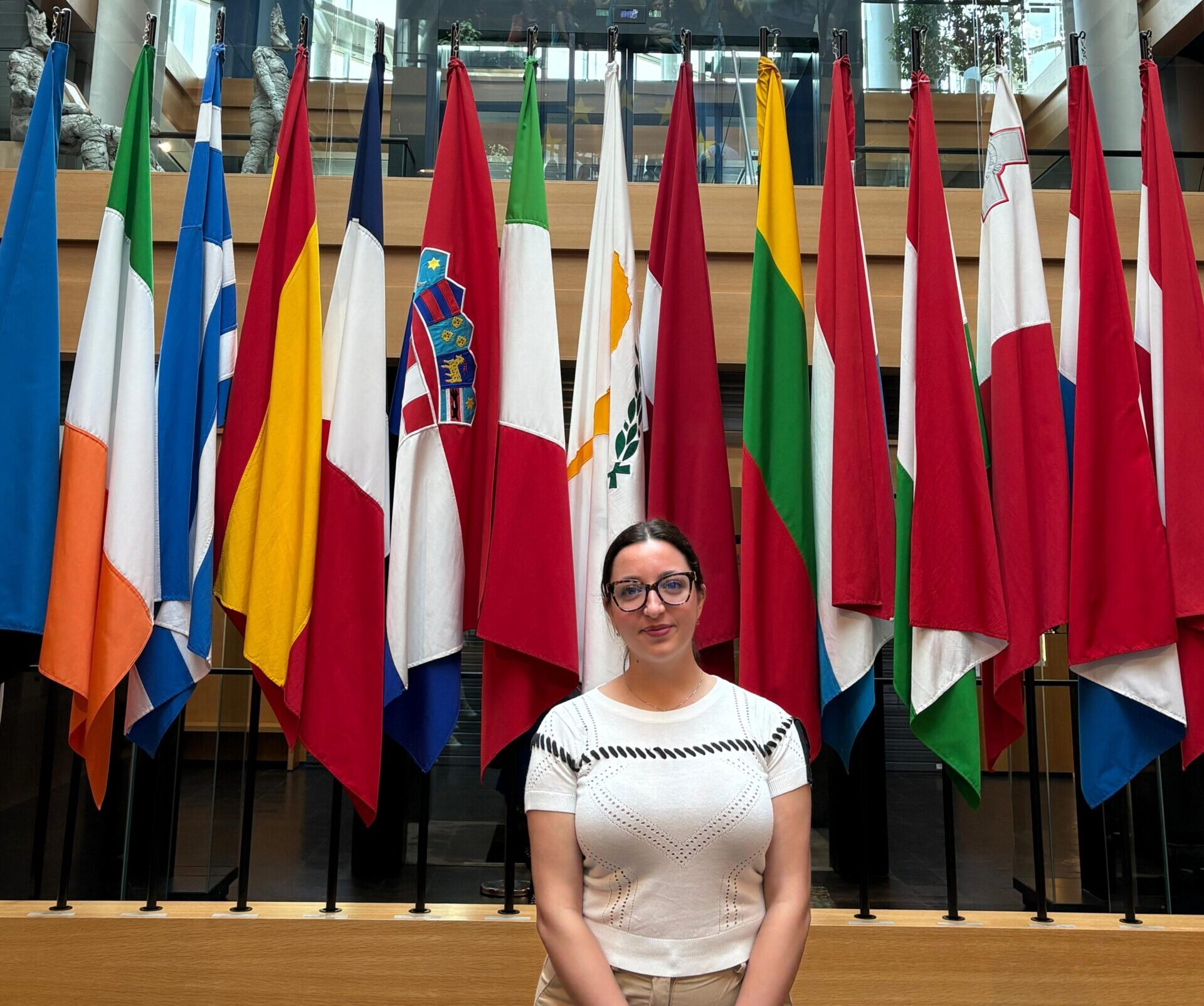by Nicole Napoli
What is Europe for young people? What are their hopes, expectations, and how can they shape the future of the European Union? These were the guiding questions of the two intense days of the European Youth Event, held on June 13–14 at the symbolic home of European democracy: the European Parliament in Strasbourg.
This institution represents the people of Europe through its Members of Parliament. And it is precisely there, where Strasbourg opens its doors to young people aged 16 to 30, that the EU creates space to hear their voices, collect their ideas, and, most importantly, humbly listen to their fears and hopes for the future.
There were countless moments of dialogue, and the opportunity to exchange ideas with other European youth was incredibly valuable. These exchanges enriched my reflections and made my policy proposals more grounded and aligned with the real expectations of young people. The key word is: action.
During the policy dialogue with Glenn Micallef, European Commissioner for Intergenerational Fairness, Youth, Culture and Sport, we explored many issues. One that struck me deeply was the lack of affordable housing, especially in European capitals, which continue to be the most attractive destinations despite the very limited opportunities in rural areas.
As a delegate, hearing directly about the challenges that shape young people’s life choices deeply affects how I approach the issue of inclusive social development. It’s a complex topic that demands a pragmatic lens.
Let’s break it down. Development is not just about economic growth or technological advancement. It implies a long-term process of improvement, where individuals and societies evolve through education, access to resources, innovation, and opportunities. It’s about building sustainable systems that enhance both human dignity and quality of life.
Social anchors this progress in human relationships and community values. It reminds us that development must be shared, that no one should be left behind. Social development involves fairness, solidarity, and the ability to ensure that everyone, regardless of background or status, can participate fully in society.
And finally, inclusive is perhaps the most challenging, and essential, of all. Inclusion means recognizing diversity as a strength and actively working to remove the barriers – be they economic, cultural, physical or institutional – that prevent people from having equal access to opportunities. It’s not just about “inviting everyone in,” but about redesigning the system so that it truly serves all, especially those who are too often marginalized.
But what touched me most was witnessing the curiosity, the desire to understand how the European “giant” works, what it means to be (or not be) part of Europe, and what opportunities exist.
That curiosity made me once again proud to be European. Because Europe means future, a future still unwritten, perhaps filled with uncertainties. But then again, how boring would a future full of certainties be? Curiosity is what ultimately drives young people to choose one path over another.
Amidst all these uncertainties and exchanges of perspective, I also had the chance to tackle another key topic: the Multiannual Financial Framework.
I attended a session on the EU budget, from how it’s structured, to how it’s envisioned, and finally came the essential question to the youth in the conference room: how should the EU budget be shaped, in your opinion?
I facilitated and moderated the discussion in my group, made up of people from various countries. Some ideas aligned, others not so much. But we all had the chance to get to know one another as European brothers and sisters.
What struck me was realizing just how similar our challenges are, yet how diverse the solutions can be.
And I wondered: have we asked too little about what’s happening in other European communities similar to ours? Maybe we could have reached different conclusions if we had embraced a more open, proactive approach to sharing and listening.
After those two days, I came back home with more questions than answers. And here I am, writing about this experience a month later, on a warm summer night from my beloved island — the place where everything began and, perhaps, where everything returns.
The richness of experiences shared by European youth is vast, diverse, and deeply inspiring. Listening to them has broadened my perspective immensely. I believe this experience has had a deep impact on my work as a young European delegate to the G20. The issues we discussed were many, but my core focus remains clear: amplifying the voices of those communities that struggle the most to reach decision-making spaces.


